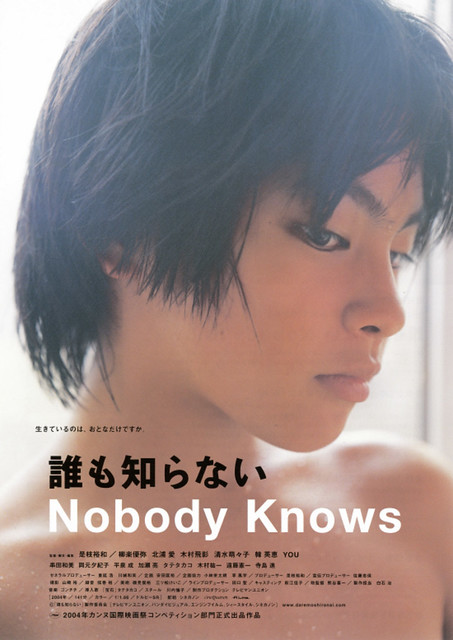
The Carnegie Mellon University Japanese Student Association will host sumo wrestling on November 6, the first event in the JSA's Culture Month.
First we will have a short talk about the history of Sumo in Japan. Then we will have a fun tournament to find CMU's best sumo wrestler. Bring your friends to find the best sumo wrestler in your group!The event starts at 4:30 pm in the Connan Room of University Center (campus map).
Join JSA at CMU as we present Culture Month. Each week we will throw at least one event to display the rich and colorful culture of Japan, whether it's through food, performances, or play! Join us as we listen to the powerful taiko, eat hot, delicious okonomiyaki, and watch the delicate Japanese traditional tea ceremony.













